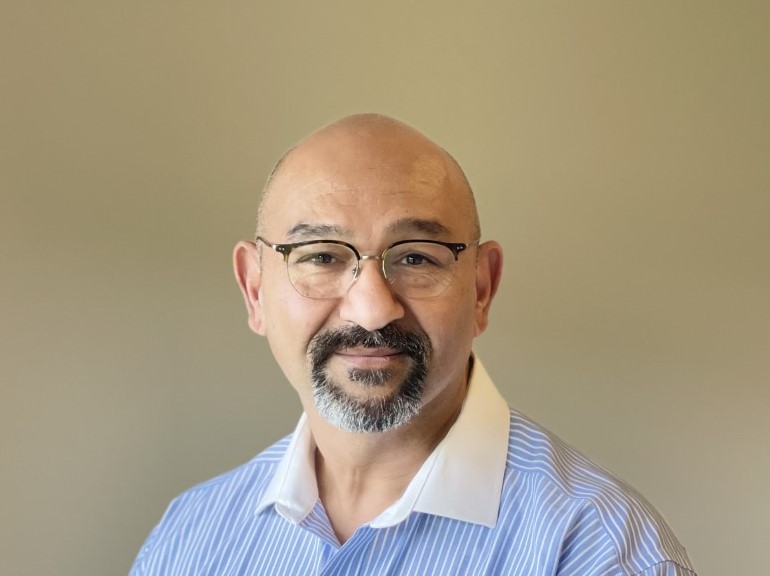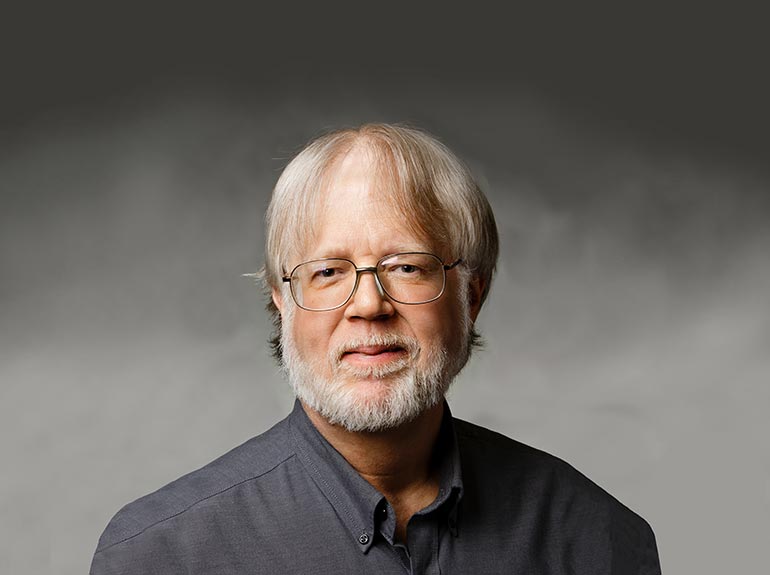Entrance Requirements
A bachelor's degree from a U.S. regionally accredited institution (or international equivalent) and a minimum GPA of 2.7 is required. The GRE/GMAT is not required.
You can also choose to use TommieBot, an AI search assistant developed by St. Thomas School of Engineering students and faculty.
Take me to TommieBotA key facilitator within any organization, the business analyst works as a liaison among stakeholders in order to elicit, analyze, communicate, and validate requirements for changes to business processes, policies, and information systems. The Graduate Certificate in Business Analysis program focuses on both the technical and managerial aspects of software development that are required knowledge for successful business analysts, systems analysts, project analysts, project managers, software engineers, or quality assurance analysts.
Students have the option to use the coursework from their graduate certificate to continue in a Master of Science degree program offered by Graduate Programs in Software.

How to earn a graduate certificate
To complete the Graduate Certificate in Business Analysis, you must complete the following four courses (12 graduate semester credits) with at a GPA of 2.7 or better:
Four Required Courses:
A bachelor's degree from a U.S. regionally accredited institution (or international equivalent) and a minimum GPA of 2.7 is required. The GRE/GMAT is not required.
Classes are offered in-person and online weeknights from 5:30 – 8:30 p.m., Monday – Friday.
All programs in the Software Engineering and Data Science department at the University of St. Thomas are offered in CoFlex mode, i.e. the student has the flexibility to attend classes either in-person or online.
Inclusions and restrictions:

Get the Facts
Attend an online information session to learn program details. Our programs serve working professionals with busy lives. Set your own pace and start fall, spring or summer. Classes are offered in-person and online weeknights from 5:30 – 8:30 p.m., Monday – Friday. We look forward to meeting you.
All full-time tenured faculty hold Ph.D. degrees and offer extensive industry experience. Adjunct faculty are selected based on professional experience and educational credentials.

Dr. Michael Dorin’s background includes work in public safety communications, medical devices, telephony, and aircraft navigation. He participated in initial rollouts of worldwide email and document exchange systems at IBM. He started up and managed a telecommunications products company for many years.

Ali Naqvi has worked in many roles over the past 25+ years including Software Department Manager at Starkey Hearing Technologies, Lead Software Engineer, SCRUM Master, and Agile Transformation Coach at Thomson Reuters; Technical Architect and Senior Technical Analyst for Target Corporation; Software Architect at Object Technology Solutions Inc.; and Programmer/Tester at IBM Mankato, Minnesota.

Level has taught graduate software engineering and computer programming for the past 30 years. He has also consulted and done technical training for local and national companies and government agencies. His research interest is applying educational technology to software engineering education.